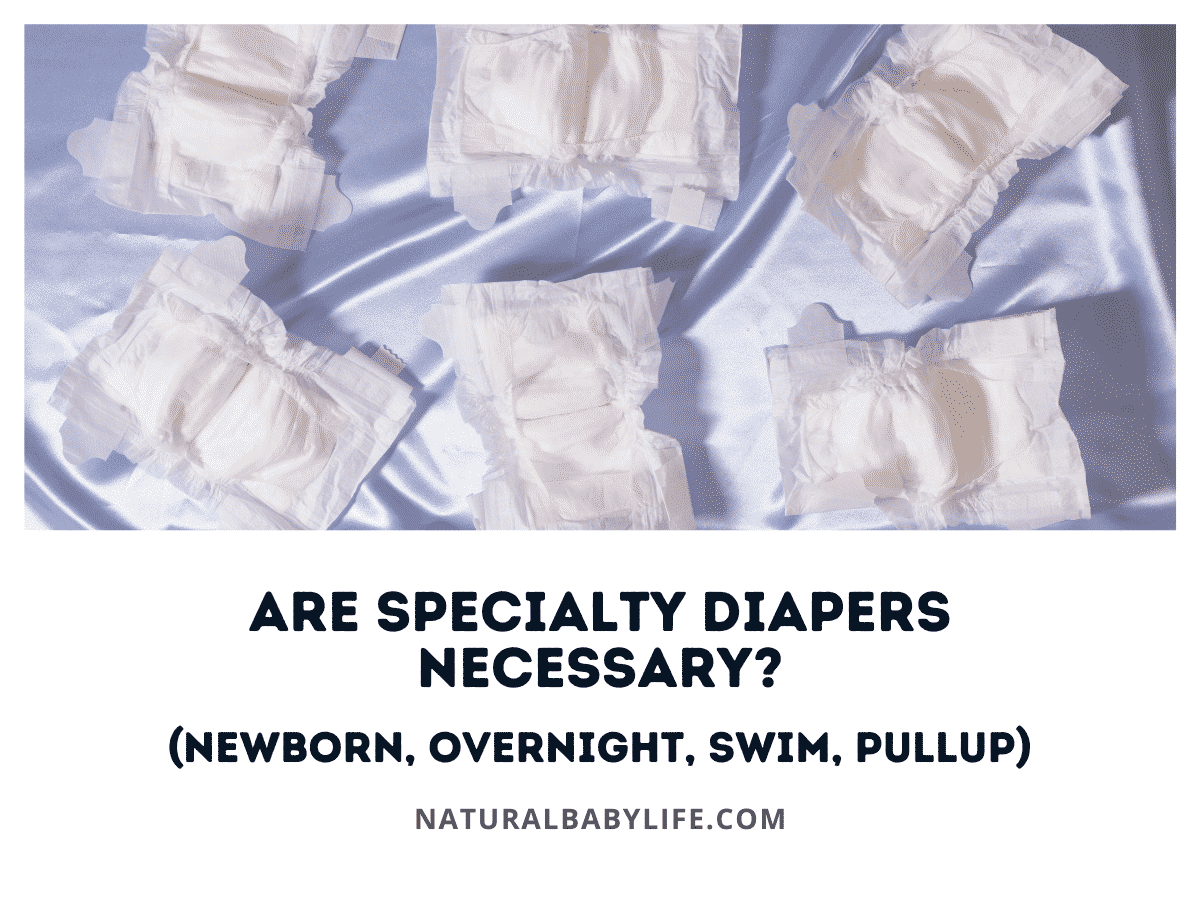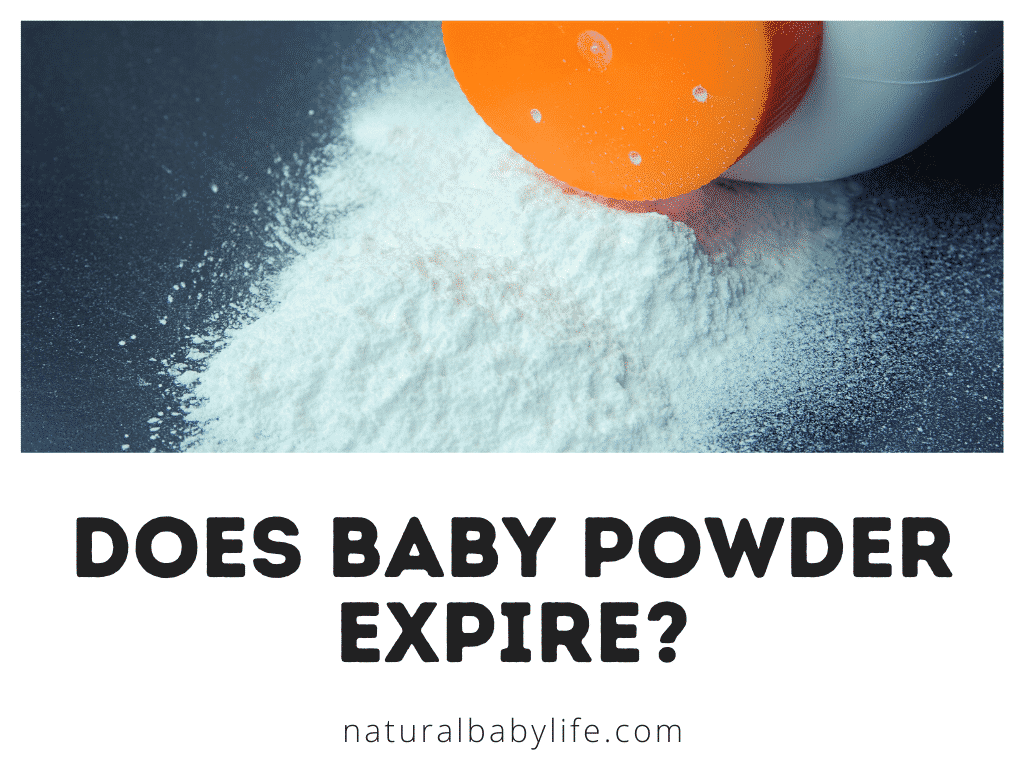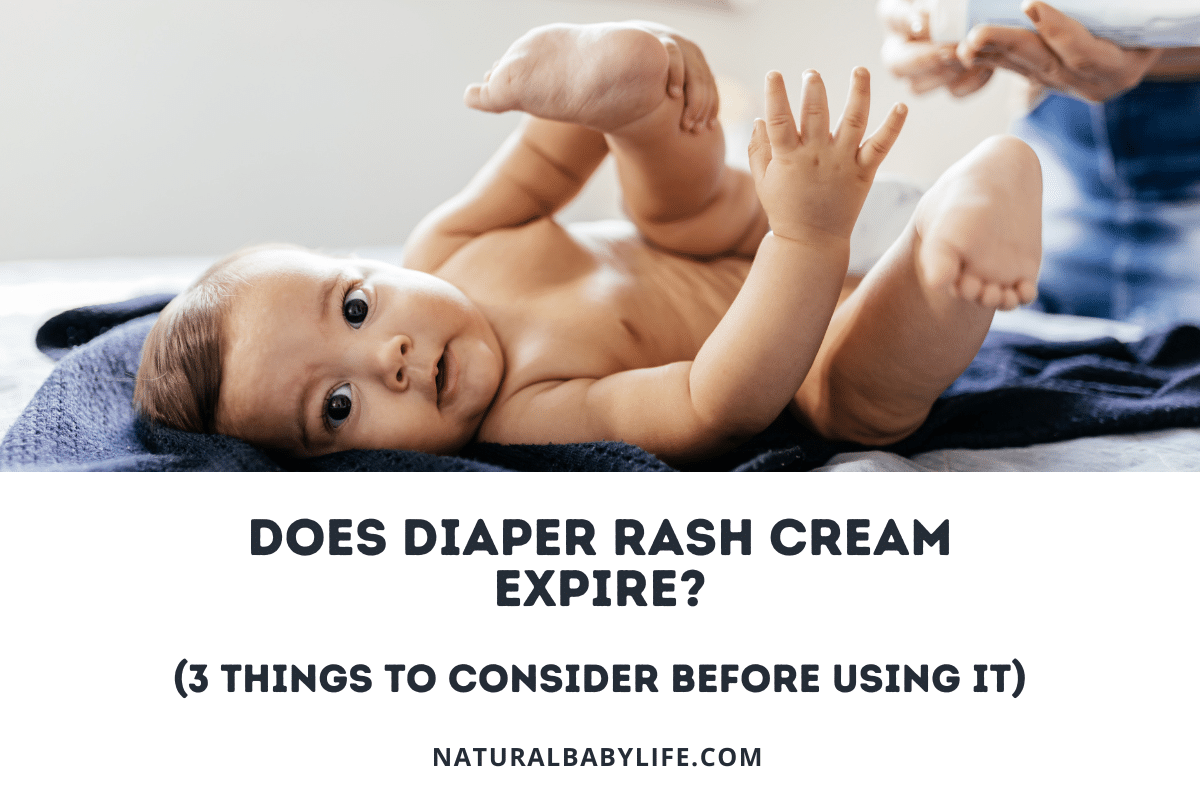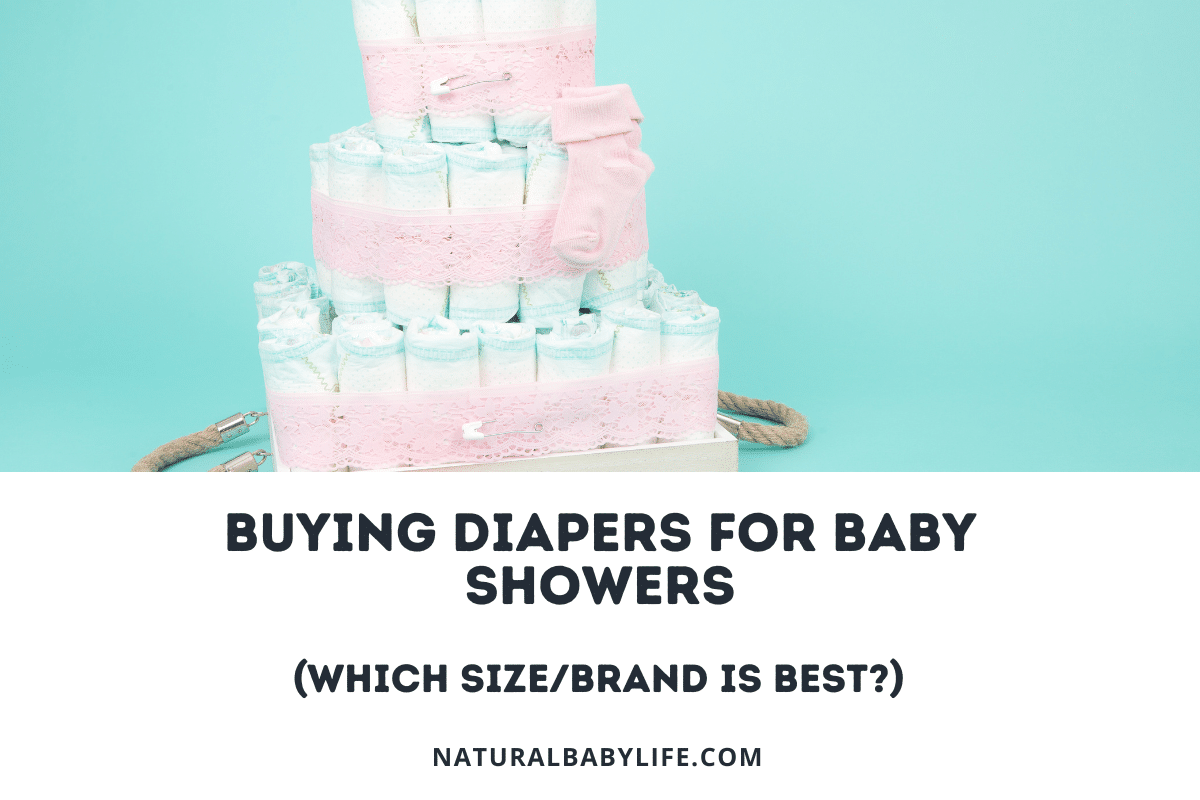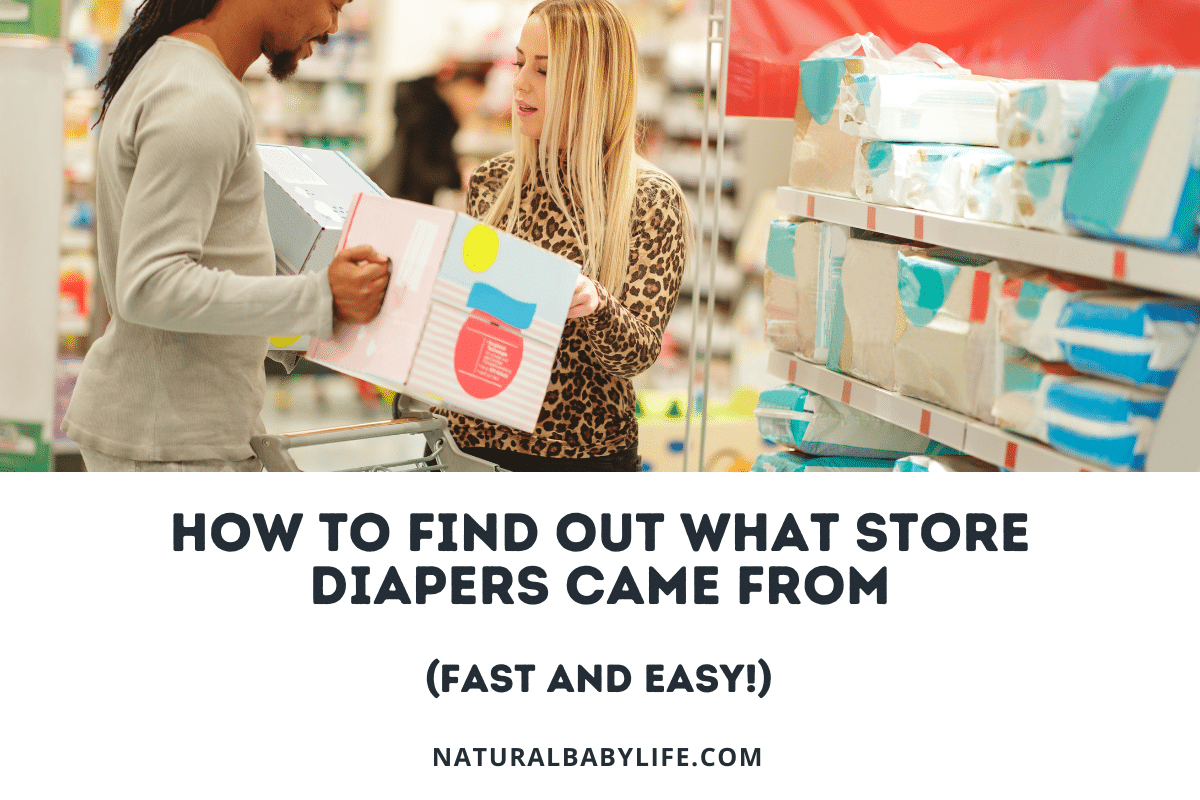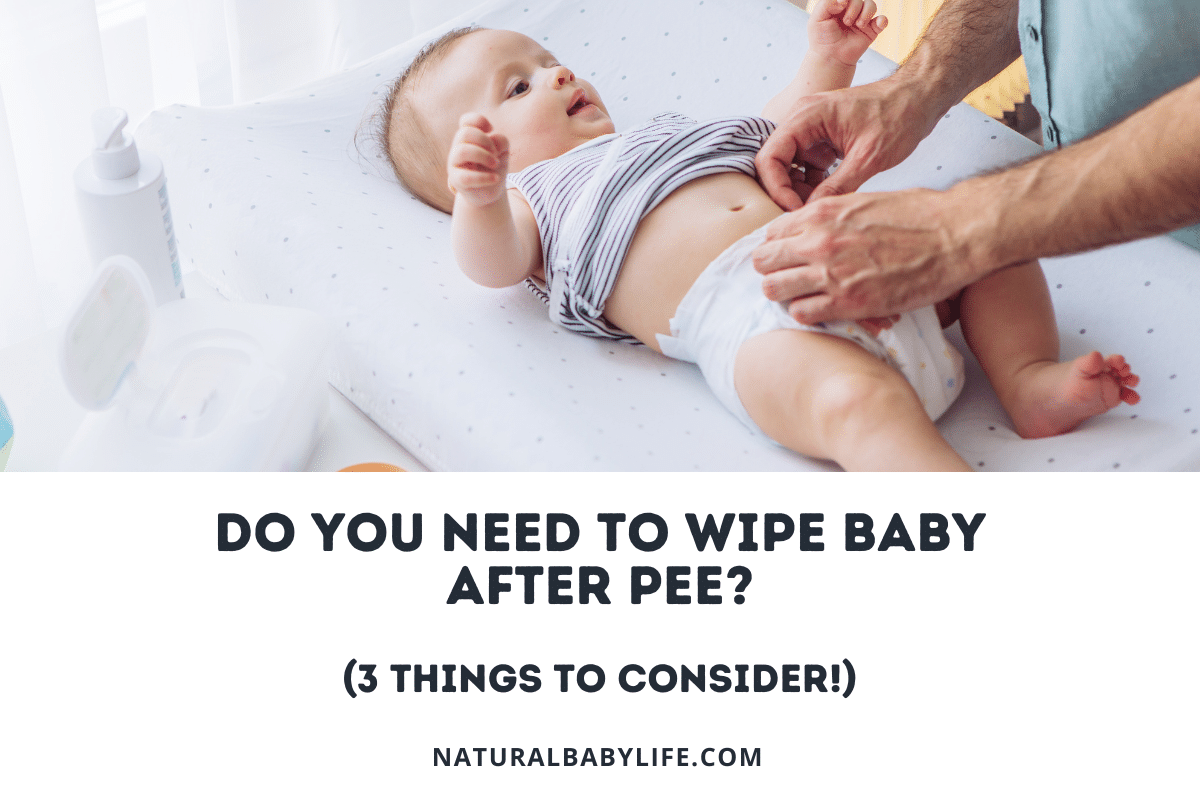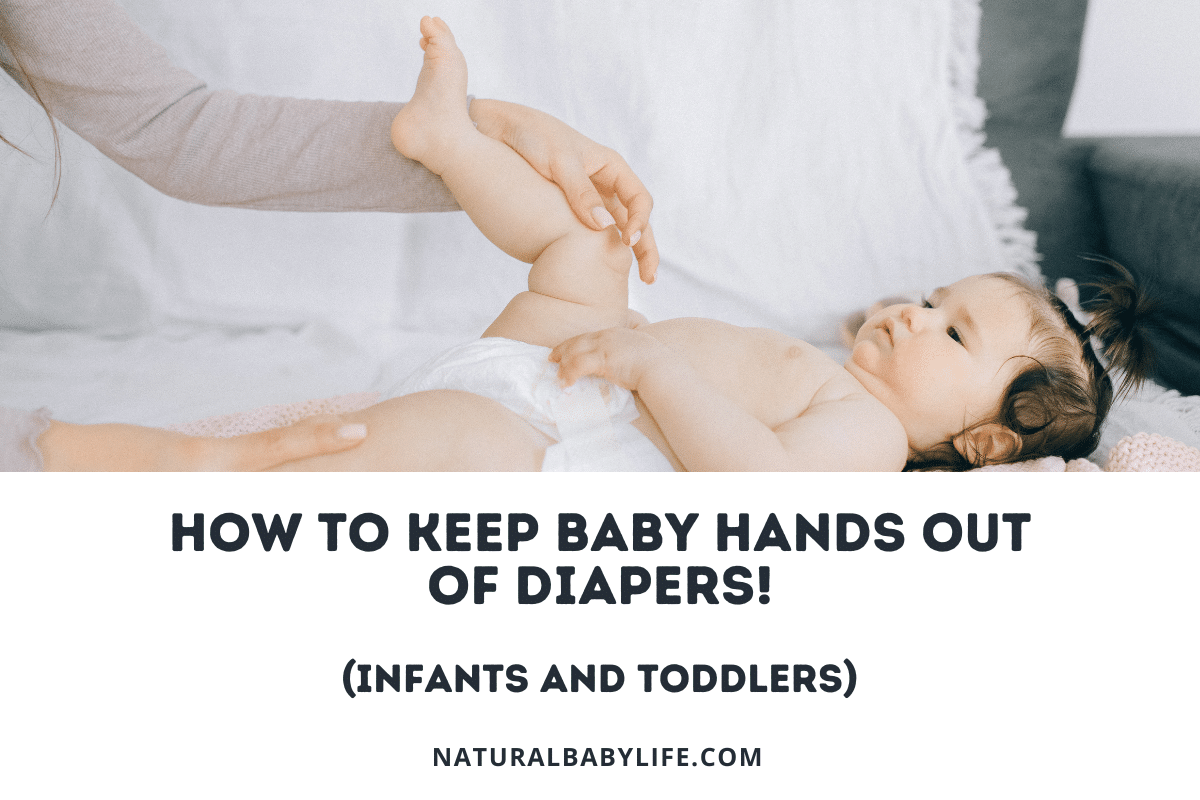Stand in any diaper aisle, and you might feel slightly overwhelmed looking at all the different options. Stores are stocked with newborn, overnight, pull-up, swim diapers, and more. But are these specialty diapers just marketing gimmicks, or are they actually necessary for a happy and healthy baby?
Some specialty diapers are more necessary than others. If your family likes to go swimming, you’ll probably invest in swim diapers at some point, just as your little one will probably wear newborn diapers for a bit. Overnight diapers and pull-ups can be good options for certain children, while other families might find them unnecessary.
Each type of specialty diaper has a different use and a different level of necessity. Keep reading to learn about the different types of specialty diapers and determine when each kind might be necessary for your little one.
Table of Contents
Do I really need multiple types of diapers?
Diaper companies seem to market a new type of diaper for every situation your baby might find him or herself in.
If you’re standing in the diaper aisle, here’s a quick rundown of the different diaper types you might see:
- Disposable diapers
- Premature/Newborn diapers
- Cloth diapers
- Overnight diapers
- Pull-ups
- Swim diapers
But does your little one really need a different diaper for every new stage in their life? Well, it depends on both the type of diaper and your baby. While some diapers (cloth, bamboo, eco-friendly, etc.) are marketed based on what they’re made of, most specialty diapers are marketed for specific situations.
Do you need a diaper your kid can swim in? Enter the swim diaper. How about a diaper that helps your child transition to underwear? The pull-up will do the trick!
I would guarantee that you’ll probably buy at least two different types of diapers during your parenting years. Keep reading to learn more about each diaper type, and see which one’s might be a good fit for you and your family.
Are newborn diapers necessary?
Newborn diapers are actually the smallest size diaper available from most disposable diaper brands. Nearly every brand of diaper (Huggies, Pampers, etc.) designs their newborn diapers to fit babies who weigh less than 10 lbs. Some brands have even smaller diapers for premature infants who weigh less than 6 lbs.
Because newborn diapers are a size, they’re only necessary if they’ll fit your baby. Size 1 diapers are made for babies weighing between 8 and 14 pounds, which means if your baby is born weighing 8 pounds or more, you’ll probably never need to buy newborn diapers.
If your baby is born weighing 6 or 7 pounds, you may only need newborn diapers for a few weeks until your baby outgrows them.
How are newborn diapers different from regular diapers?
Size is the biggest difference between newborn and ‘regular’ diapers. Newborn diapers are made for babies weighing less than 10 pounds, while size 1 diapers fit the range of 8-14 pounds. The smaller size of newborn diapers also means they’re less absorbent, so don’t be surprised if you have to change them more often than their larger counterparts.
One nice feature of newborn diapers that makes them different from regular diapers is the inclusion of a small “dip” in the front of the diaper. This design is intentional and is meant to accommodate the umbilical cord stump that’s left right after birth. Size 1 diapers have a flat top, so if you choose to use bigger diapers on your newborn, you may want to fold over the top of the diaper so it doesn’t cover or rub up against your little one’s umbilical cord.
How long do you need newborn diapers?
The average birth weight for babies sits around 7.5 pounds, with a healthy weight range usually falling between 5.5 and 10 pounds.
Newborn diapers fit babies who weigh 10 pounds or less, but size 1 diapers can comfortably cover the weight range of 8-14 pounds. This means that if your baby is born weighing 8 pounds or more, you’ll probably never need to buy newborn diapers at all.
If your baby is born weighing less than 8 pounds, you’ll probably want to buy a box or two of newborn diapers. Most babies will grow into size 1 diapers by the time they reach their 1-month birthday, so you won’t need newborn diapers for very long.
If your baby’s diaper is filling up quickly or prone to blowouts, it might be a good indicator that it’s time to go up a diaper size.
Do I really need newborn diapers?
If your baby is born weighing less than 8 pounds, you’ll need to purchase at least one box of newborn diapers. If your baby is born weighing more than 8 pounds, skip the newborn diapers and stock up on a bigger size.
Are overnight diapers necessary?
Overnight diapers certainly aren’t necessary, but they can be convenient.
Because they’re marketed to be extra absorbent, many parents find overnight diapers to be helpful. For some families, the use of overnight diapers can help your baby sleep through the night without being woken by a leaking diaper. Many babies, however, don’t need the extra absorbency and sleep through the night just fine while wearing regular diapers.
Keep in mind that diaper fit plays a big role in whether a diaper leaks or not. If your baby is leaking at night, trying a different brand of diaper might be enough to stop the leaks without resorting to purchasing overnight diapers, which often cost more than the regular variety.
How are overnight diapers different from regular diapers?
There are a few key differences between overnight and regular diapers:
- Absorbency – Overnight diapers claim to last up to 12 hours before needing a change, as opposed to the 3-4 hours you can usually get out of regular diapers.
- Bulk – Overnight diapers are bulkier than the regular variety.
- Cost – Overnight diapers can cost up to 10 cents more per diaper than regular diapers from the same brand!
Basically, overnight diapers cost more and last longer, but work exactly the same as a regular diaper.
Can you use overnight diapers during the day?
Whether you’ve run out of regular diapers or your baby is a heavy wetter, it’s fine for your child to wear overnight diapers during the day. In fact, I’ve written a whole article about this very question!
If you do choose to use overnight diapers during the day, make sure you continue to change your little one’s diaper often. Using one diaper for too long can increase the likelihood of diaper rash, blowouts, and/or leaks.
Do I really need overnight diapers?
No, you don’t need overnight diapers.
Most babies will sleep through the night just fine in regular diapers. Babies younger (or older!) then 3 months will probably be waking up once a night to nurse anyway, so a quick diaper change along with a feeding will keep them dry and happy.
If you’re noticing nighttime diaper leaks, try switching up the brand and size of diaper before purchasing overnight diapers. Regular diapers cost less, so finding a way to make them work can save you some money.
Are swim diapers necessary?
Swim diapers are a type of specialty diaper that I consider necessary. If your child has ever gone swimming while wearing a regular diaper, then you’ll know exactly what I mean. Regular diapers absorb a ridiculous amount of water, which makes them both uncomfortable and unsanitary.
In fact, most public pools require young children to wear some sort of swim diaper as a safety precaution. It’s important to check the rules at your local facility before arriving, as each individual pool can set its own regulations with guidance from the CDC.
How are swim diapers different from regular diapers?
Swim diapers are drastically different from regular diapers in their design. Rather than absorbing pee like regular diapers, swim diapers are actually not made to absorb liquid at all!
If swim diapers were as absorbent as regular diapers, they would swell the instant your child got into the water. Instead, swim diapers are designed to contain only solid waste so that it won’t enter and contaminate the surrounding water.
In order to prevent poop from leaking into the pool, swim diapers are designed with super-snug-fitting leg and waist openings. Swim diapers are also usually made for older babies and children, so you might find it difficult to find appropriately-fitting swim diapers for babies younger than 3 months of age.
Can you use a regular diaper in the pool?
Regular disposable diapers are filled with absorbent materials and/or chemicals.
Most brands contain water-absorbing beads in the core of the diaper that expand as they absorb liquid. While this is a brilliant design technique for holding in pee, it’s terribly suited for swimwear. The instant your little one enters the water their regular diaper will start absorbing all that extra liquid. This leads to an absolutely massive diaper that is heavy, sagging, and unable to absorb any of the liquid it’s supposed to (i.e. your child’s pee).
While a regular diaper will cover your baby in the water, it won’t do its job of keeping your little one comfortable and dry. You shouldn’t use a regular diaper in the pool, and most public pools require your child to wear a swim diaper anyway.
Does a swim diaper go over a regular diaper?
Swim diapers shouldn’t go over a regular diaper.
Here’s a quick guide on using swim diapers:
- Put swim diaper on your baby.
- Put swimsuit bottoms over swim diaper (if your child is wearing a swimsuit).
- Check swim diaper every 30-60 minutes for soiling.
- If the diaper is dirty, change your child into a clean swim diaper away from the pool.
Do swim diapers actually work?
When it comes to swim diapers, it’s important to remember that they aren’t actually meant to hold pee! So, if you put your baby in a swim diaper before a long drive to the pool, don’t be surprised if none of your baby’s pee stays in the diaper.
Swim diapers are not absorbent and are only meant to hold poop. Because they aren’t absorbent, it’s important to check your little one’s swim diaper often. Experts recommend you check it every 30-60 minutes, and change your child into a clean diaper if you notice their original diaper is dirty.
If you’re using a reusable swim diaper, you’ll need to change your child into a new, clean swim diaper rather than just rinsing out the original diaper and reusing it immediately.
Do I really need swim diapers?
If your child goes swimming before being potty-trained, you’ll need swim diapers. Many public pools require your baby to use swim diapers, but even if you’re swimming in a backyard pool, they’re pretty necessary. Regular diapers just aren’t made to be used in the water.
Are pull up diapers necessary
Pull up diapers are meant to help ease the transition between diapers and potty-training. For some families, pull-ups can be a crucial part of teaching their little one to use the toilet. Other families go cold-turkey on diapers and upgrade to the potty and regular underwear overnight.
Pull-ups are designed to look and feel a lot like regular underwear. Toddlers can pull the pants up and down (hence the name, ‘pull-ups’), which helps them have more autonomy over their bathroom experience. Even if you choose to go straight to underwear, pull-ups can still be helpful for your child to wear at night as they master nighttime potty-training.
How are pull up diapers different from regular diapers?
I’ve talked about diapers vs. pull-ups before, but here is the quick answer.
Pull up diapers look and feel more like regular underwear than a diaper might, and you pull them up and down rather than needing a full lie-down diaper change. Although pull-ups are still absorbent, they’re thinner and hold less than regular diapers.
Some pull-ups are even designed to feel cold or damp when they get wet so that a potty-training toddler realizes they need to use the bathroom.
When should I use pull-ups instead of diapers?
Usually, parents switch their children from diapers to pull-ups when their little one is ready for toilet training. If you choose to use pull-ups as part of the potty-training process, here are some signs your toddler might be ready for the switch:
- Fewer wet diapers – When your toddler can keep their diaper dry for an hour or two at a time, that means they are physically ready for potty-training.
- Predictability – If your child has a consistent pattern to his or her bowel movements, they’re more likely to experience success with the potty.
- Awareness – If your child hates his dirty diapers or lets you know he’s pooping (by grunting, hiding in a corner, or literally telling you), then you’re in a good place to switch to pull-ups and give potty-training a try.
Are pull up diapers good for overnight?
Most children who are using pull up diapers should be able to wear them overnight. Pull-ups are absorbent enough to handle a night of use, especially because older kids tend to move away from nighttime peeing anyway.
Some parents actually recommend only using pull-ups during the night and sticking to regular underwear during the day. Many children simply don’t have the physical ability to keep underwear dry for a full night, so pull-ups are a great way to keep the bed dry while still focusing on potty-training.
Do pull ups work as swim diapers?
Pull-ups work just like regular diapers: by absorbing liquid.
Because they’re absorbent, it’s a bad idea to use pull-ups in the pool. The pull-ups will expand and sag the minute they hit the water, just like a regular diaper. It’s important to only use swim diapers in a pool, rather than any substitute.
Do I really need pull up diapers?
Yes, you’ll probably need to purchase at least a few pull up diapers while your child is potty-training.
Even if you choose to have your little one switch straight from diapers to underwear, it might be months or years before your child can stay completely dry through the night. Pull-ups are a wonderful night time solution until your toddler is physically capable of wearing underwear through the night.

